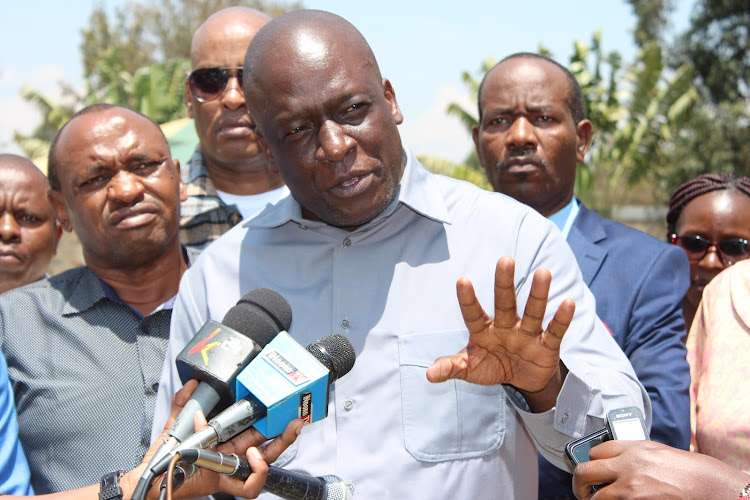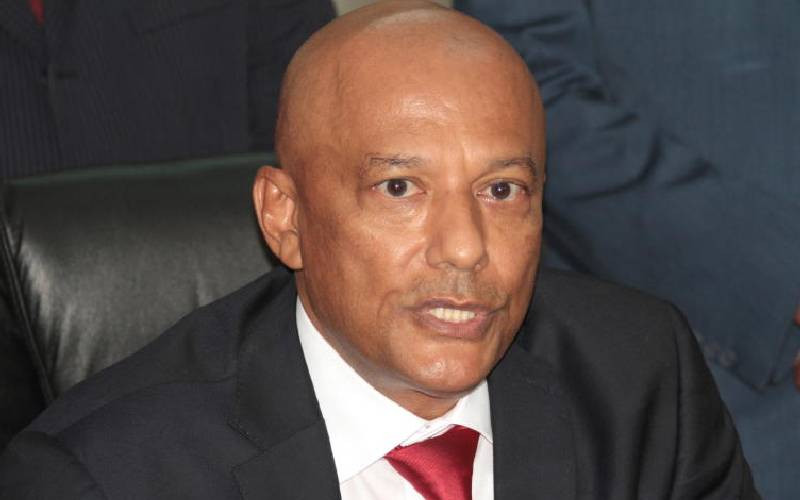A controversy has arisen within government circles as Cabinet Secretaries Moses Kuria and Aisha Jumwa clash over the management of music copyrights and royalties payments, sparking a debate over their respective roles in the matter.
The disagreement stemmed from Kuria’s recent announcement of a government initiative aimed at consolidating music royalties payments through the eCitizen platform, suggesting potential amendments to the Copyright Act to establish a government-operated Collective Management Organisation (CMO).
However, Jumwa swiftly responded, asserting that the responsibility for such announcements lies within her ministry, Gender, Culture, Arts, and Heritage, rather than Kuria’s. While acknowledging Kuria’s eagerness, Jumwa emphasized the ongoing discussions within her ministry to streamline the music industry, promising an official statement at the appropriate juncture.
In a statement shared on social media, Jumwa stated, “While I appreciate my colleague HonMoses_Kuria’s enthusiasm, it’s important to clarify that the state department of Culture, Arts & Heritage is the authority in charge of such matters. We are currently engaged in discussions, and once finalized, the ministry will issue the official announcement.”
This rift occurs against the backdrop of Treasury CS Njuguna Ndung’u’s directive to incorporate all government services into the eCitizen platform, with access fees set to be enforced from December 14, 2023. Notably, the High Court in Nairobi has temporarily suspended a directive from Education PS Belio Kipsang, mandating parents to remit school fees via eCitizen, following legal challenges citing concerns of legality and governance principles.
As tensions persist, the clash between Kuria and Jumwa underscores broader questions regarding the coordination of government services and decision-making processes, highlighting the complexities of governance in contemporary times.





